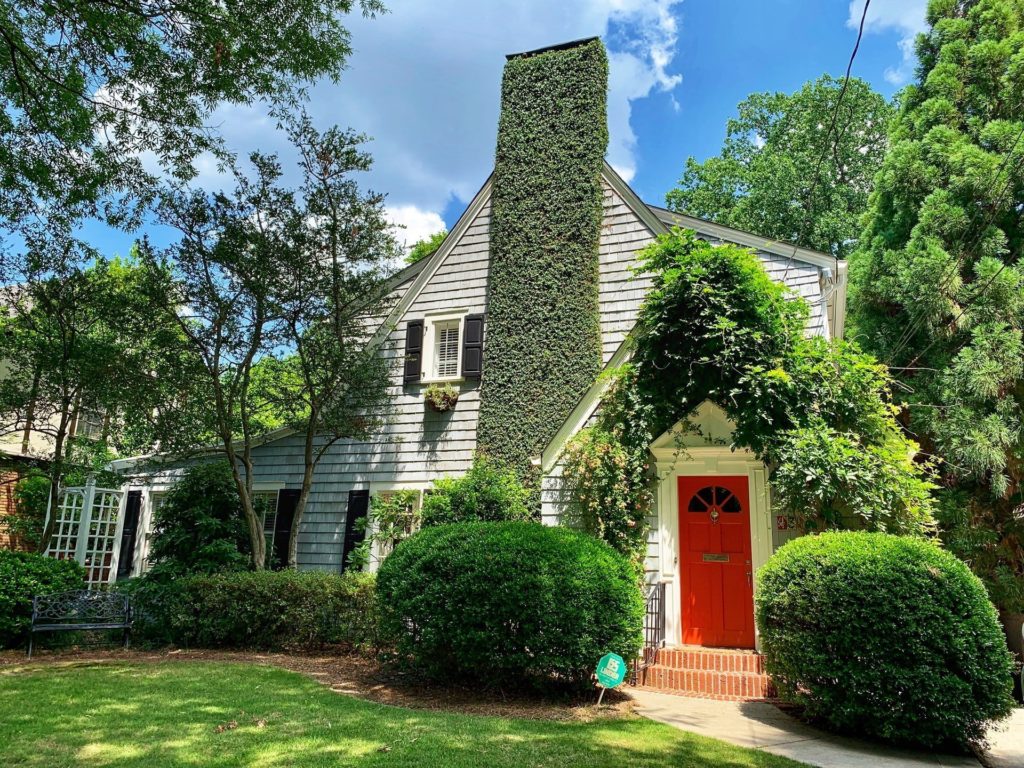
Home maintenance is inevitable. Things get old, break, and wear down. But if you know how to budget for your home repairs, big and small, then you’ll be in good shape for when those yearly tasks and unforeseen surprises come calling.
Why Save After Your Home Investment?
Buying a home is a major, exciting purchase. Just in itself, a property is a huge investment, but there are a lot of unforeseen costs and budgeting requirements that come along with securing a home. Things like the all-important home inspection, home appraisal, or just the logistics of moving (like truck rental, gas, packing materials, etc.).
Once the exhilaration of buying your new home and moving in is complete, you might think the surprises are over. Not quite. Another unexpected cost after moving day can come with home repairs. Homes need upkeeping and a certain amount of your finances should be dedicated to repairs and maintenance after your big move in.
What to Expect – Two Kinds of Home Maintenance
There are 2 types of repairs to expect as a homebuyer. The first are those yearly regular maintenance tasks that you need to do to keep your home in good condition. Stuff like changing furnace filters and pressure-washing the driveway.
The second type of home repairs come with a bigger price tag – that new roof you’ve been putting off, or those windows that need to get replaced. Or the dreaded disasters with the really big price tags…. the unexpected surprises that come when you least anticipate them. Like the furnace that suddenly quits in the coldest month of the year. Or that burst pipe resulting in a watery plumbing disaster.
So what kind of budget are we talking about?
The 1% Budgeting Rule
A great general rule is to budget about 1% of your home’s value to cover yearly maintenance and repairs. So if your home is valued at $380,000, 1% would come out to $3,800 per year, or $380 per month. That’s a manageable sum to squirrel away each month.
Be Prepared for Surprise Repairs
What’s the most costly repair your home could need? Naturally, the age of your property will factor into your home repair budget. Older homes will clearly need more TLC and repairs, but that doesn’t mean a newer building is let off the hook.
In general, most homes don’t need too many repairs within the first 5 years. But it’s always good to budget for those nasty surprises. Like that tree that decided to fall and aimed directly for…you get the picture.
Where To Save For Those Repairs?
There’s a way to put aside money that can actually help your savings grow at the same time! Amass your repair budget in a high-interest online savings account. Then your money can earn interest while it’s sitting there (hopefully) unused for a while. Online savings accounts also make it easy for you to withdraw the emergency funds when a high priority maintenance issue strikes. Check out this link for more information on the best high interest savings accounts in Canada.
General Upkeep and Home Maintenance
Another way to help minimize repair costs from sneaking up on you is to keep on top of your home maintenance. This looks like keeping an eye on those essential things that protect your home from the elements, like the roof and the foundation.
Examine your home’s foundation. A little crack is manageable to repair, but can get expensive quickly if it goes unnoticed or untreated.
Check your roof. How do the shingles, eaves, and gutters look? Make sure your home has good drainage so that water (especially important in our rainy BC climate) is flowing AWAY from your home.
Check up on your heating, ventilation, and air conditioning systems. Doing little tasks like changing your furnace filters, vacuuming air grates, and keeping out debris and leaves from your A/C unit can ensure longer life for these systems.
One of the best things about the West Coast is its rain forest and picturesque coastal views and temperatures. But mild, moist, rainy weather also increases the risk of moldy basements and poor air quality. There’s nothing worse than your home investment being put at risk by foul growths.
Regularly inspect your basement. Consider renting or investing in a dehumidifier to keep your house in prime condition.
Conclusion
Purchasing a house is a big investment. Aside from the actual price of the house, the mortgage, moving costs, house inspection, appraisal, and all the rest, you need to budget for essential repairs and maintenance to keep your home in good condition. Saving and setting aside some finances now could save you a big headache in the future.





